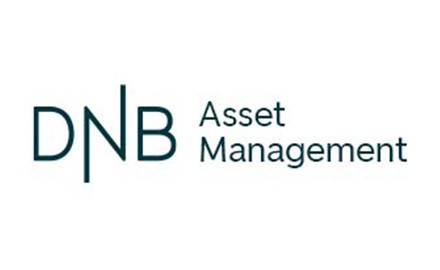In March, the IPCC released the summary of its five-year reports (Synthesis Report of the Sixth Assessment (AR6)). The main takeaway from this is that “rapid and deep” emissions reductions are needed in “all sectors” of the economy over the next seven years to limit global warming to 1.5o-2oC. The report also notes that “the overall economic benefits of limiting global warming to 2oC exceed the costs of mitigation in most of the documents assessed.” The next round of reports is not scheduled until 2027. As the paper notes, it is becoming increasingly difficult to meet the 1.5o to 2oC targets as global economies continue to fail to meet their goals. Thus, while it still seems possible to limit climate change, it will be increasingly difficult as significant acceleration is required. However, things are not all bad as we have seen several policy and fiscal efforts in recent years, notably in the U.S. with the Inflation Reduction Act and in the EU with the Net Zero Industry Act, equivalent to EUR 375 billion in fiscal assistance (the largest European plan to support the energy transition), and that significant resources are being allocated to accelerate efforts as policy makers agree with the IPCC conclusion.
Whether or not we meet the targets outlined in the Paris Agreement, at DNB AM we will continue to spend the majority of our time on bottom-up fundamental and stock-picking analysis to identify “sustainable players of a better environment” with proven business models, competitive potential and a track record of creating shareholder value that we can buy at a reasonable discount to our assessment of their intrinsic value. We believe the environmental issue will continue to benefit from opportunities in the coming decades, which means attractive prospects for investors with exposure to the topic.
Energy security and renewable energy are in the focus of many investors. In this context, the cost competitiveness of renewable technologies has steadily improved in recent years due to their learning curves, which has driven the electrification agenda and related policy support. The turmoil in energy markets following the energy crisis has only further enhanced their relative competitiveness compared to fossil fuels.
Hydrogen could play a role in decarbonizing difficult sectors such as energy-intensive industry (cement and steel), shipping and heavy transport. However, the efficiency of the technology is low and at an early stage of its development curve, and therefore it is dependent on cheap renewable energy and political support. The hydrogen and fuel cell sector has already experienced false starts, but the impetus provided by emissions policy as well as plans announced for hydrogen should be strong enough to represent a “real start.” However, it is too early to determine which companies will excel in this sector and what kind of returns they can offer.
Current top positions in the renewable energy sector
IMCD (6.3% of the Fund) is a distributor of specialty chemicals and food ingredients that facilitate greener inputs and products for its customers and their customers. The company has a unique competitive position that it continues to leverage by expanding its geographic reach and offerings through both organic and non-organic initiatives. In our view, this is not fully reflected in the valuation.
Vestas (5.7% of the fund), as the global leader in onshore wind turbines, is strongly positioned to benefit from offshore wind growth. The company has a proven track record of reducing costs through technological innovation and supply chain optimization. Consolidated industry with a high proportion of recurring service revenue with high margins over the long term.
Sunrun (5.9 % of the Fund) is a leading provider of residential and battery solar energy in the US. Sunrun invented the Residential Solar as a Service business model, which allows households to switch to solar energy and reduce their electricity costs without capital investment.
Darling Ingredients (5.3% of the Fund) is the largest publicly traded company in the segment of converting food waste into sustainable products and one of the leading producers of renewable diesel. Given the evolution of the renewable fuels industry, we believe Darling is well positioned as the company currently converts 10-15% of the global meat industry’s waste into fuel ingredients and other value-added products such as collagen, fertilizer, and feed ingredients.

